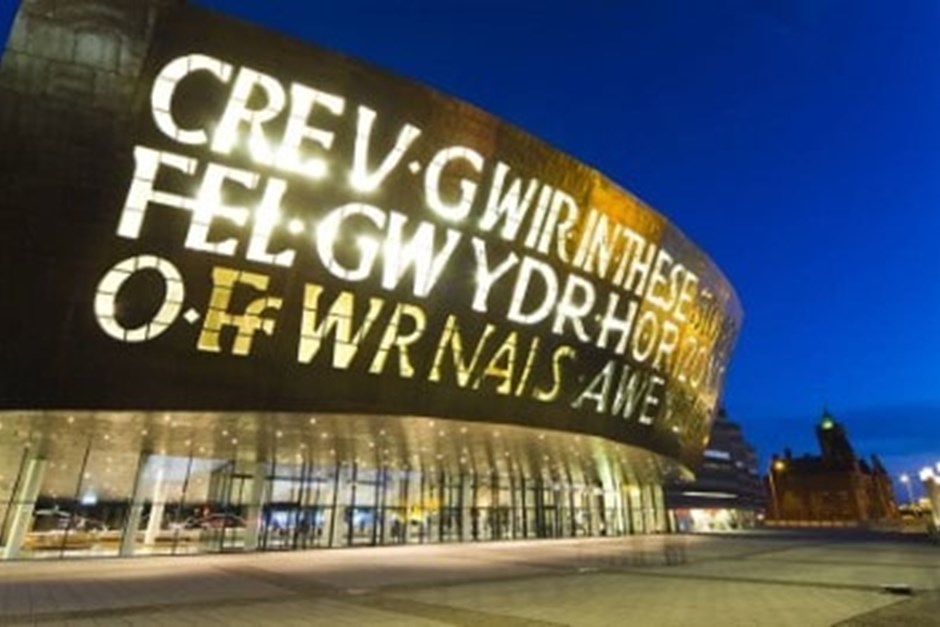Cardiff takes the lead on greener cities
In Cardiff, they’re about to take green infrastructure to the next level.
With corporate responsibility and sustainable development growing more important in today’s construction industry the race is on to develop better building techniques.
Cardiff University has partnered with University of Florida and the University of Indonesia to investigate how greener urban areas can lower the environmental impact of buildings and cities, improve water management and boost sustainability.
Part of the Global Innovation Initiative, the two year project will research and develop new ways of ‘building with nature’ that can be used in various sites. Dr Andrea Frank, Cardiff project lead at the School of Planning and Geography calls green infrastructure like this a way to “work with nature and exploit its characteristics, rather than fight against it.”
Sustainable construction workshops
Partner universities in Cardiff, Jakarta and Florida will run workshops to bring together experts in green construction, energy modelling, water use, urban design and planning to share ideas.
Evan Ryan, Assistant Secretary of State for Educational and Cultural Affairs, called the move a chance “to provide substantial economic, social and environmental gains not only for the US and Europe, but also developing countries around the world.”
This looks likely to continue Wales’, and especially Cardiff’s, role as a centre of sustainability and greener living in the UK (Source: Wales Online)
Working with nature
Urban forestry is a popular example of this type of green infrastructure. Planting individual trees and larger forest clusters in towns and cities has seen positive effects on storm water management and temperature control. It has also been used as part of projects to regenerate contaminated land
Green roofing is another approach where roofs are partly or completely covered in vegetation. This helps to soak up rainfall while improving insulation. Like urban forestry it can also help to lower temperatures in towns and cities.
Thanks to its growing popularity, more construction skills providers like the Construction Industry Training Board (CITB) offer NVQs in the subject
Construction 2025
These developments are good news for the government’s Construction 2025 strategy for a greener, lower carbon construction industry. This ambitious plan will affect everything from construction techniques, to site practice and the supply chain.
As pressure to hit targets rises in the industry over the next 10 years it’s like that there will be a greater demand for employees with sustainability training. It’s likely too, that new markets like energy retrofitting will become much more important for construction employers.
Sustainability skills
Construction is an exciting place to work because there’s always a fresh challenge or a better way of working around the corner. Sustainability and greener approaches to building are an important part of this. The Built Environment Sustainability Training (BEST) site is a useful resource for training and information.
Discover more about Cardiff and the architecture it has to offer with Ann Marie Small

